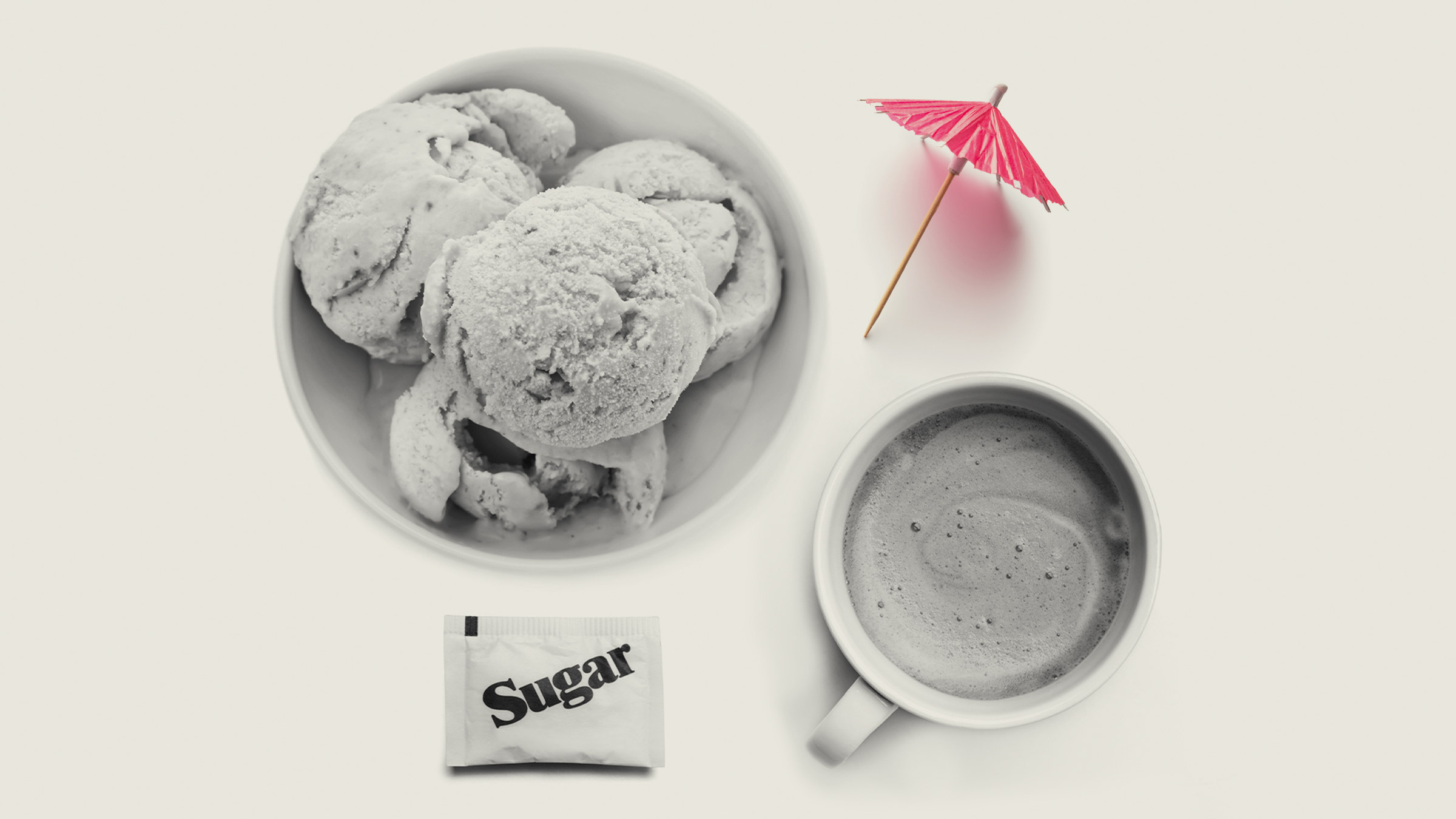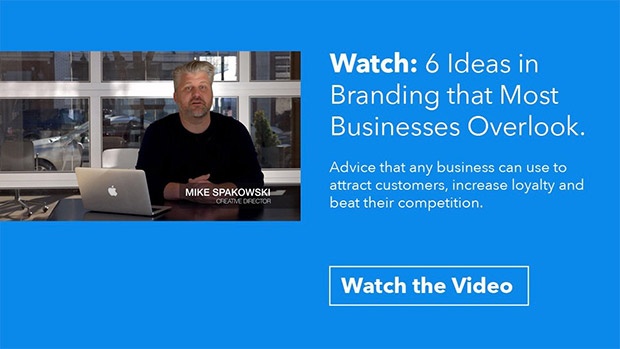The Benihana Approach to Brand Differentiators
I was listening to a podcast the other day when I heard a great example of brand differentiators:
“Like any good story, the history of Benihana begins with the descendent of a samurai warrior and a small Tokyo coffee shop.”
Yes, the great branding example is from Benihana, a restaurant chain I don’t think I’ve ever tried. (Although I do love a good teppanyaki experience, of course. I’m not a monster.)
Anyway, the owner of the coffee shop, wanting to stand out from competitors, would ride his bike 20 miles just to purchase real sugar for his customers to enjoy with their coffee.
That small differentiator—the real sugar—made the coffee shop a success. Years later, the owner’s son moved to New York City hoping to open a restaurant. Studying restaurant management at night, he sold ice cream on the streets of Harlem during the day to save money. Inspired by his dad, his company had a differentiator, too: a paper cocktail umbrella on each ice cream.
Eventually he saved enough money to open Benihana, which in 1964 was the first Japanese teppanyaki restaurant in America. Nothing else like it existed anywhere in the country—the entire concept was a differentiator.
“This family gets it,” I thought.
Cutting through the noise.
There are 7.7 million businesses in the United States alone, according to a 2016 estimate by the Census Bureau—and that number doesn’t even include sole proprietors, independent contractors and freelancers.
Even broken down into industries, geographic locations and niches, people have a lot of options.
To stand out, companies use brand differentiators to help prospective customers and clients choose their business over all the others. In the case of the Tokyo coffee shop, it was the real sugar. The ice cream cart business had umbrellas. They’re small details, but ones that made a memorable impact in the minds of the customers.
But defining and expressing your brand differentiator aren’t always simple. In fact, it’s a common challenge our clients often face, especially as industries evolve.
How to determine your brand differentiator.
Think of your brand’s differentiator as its competitive advantage—the reason why someone would choose it over the company down the street.
Unfortunately, a lot of companies’ so-called differentiators aren’t all that different—especially in B2B industries, where companies are expected to be more buttoned up. You’ll often hear things like “Our people make the difference.” or “We’re experts in our field.” Those statements might be true, but they’re not unique enough to be effective.
There are tons of ways companies differentiate their brand, including price, convenience, brand personality and specialty. The product or service itself can be the differentiator, as long as competitors can’t copy it. But we have some suggestions for your brand differentiator, no matter what it is.
Reflect your audience’s values. Knowing what your target audience cares about can help you align your brand differentiator with their goals and pain points. I’d wager to say most bars of soap are essentially the same. But Dove’s simple differentiator, its commitment to empowering women and young girls, has endeared its customers to the brand.
Get specific. If your brand has been a “We’re experts in our field,” company, think of other ways to express this. “Our lawyers have more degrees than any other firm in the city,” or “Even our receptionist is a CPA.” Emphasizing a company’s niche is another option, like our client Curate, which delivers business software for florists.
Look at the how. Especially in overcrowded markets, emphasizing a product or service’s uniqueness might not be feasible. But what can work is the how—how a product is made, how the service is delivered or even how the brand does business. Atomicdust client Savoy Services Group’s tagline sums up their differentiator in just a few words: “Commercial kitchens, artfully installed.”
Ladder up. The best way to make your differentiator truly yours is to express why it matters to your customers or clients. In our branding program, we call this “laddering up.” Basically, it’s repeating the question “Why does that matter?” to find the most fundamental reason why your brand exists. Why does an experienced team matter? Why is expertise importance? How does your unique approach serve customer needs?
The Benihana founder’s father knew his customers wanted real sugar, and he was willing to work to deliver it. Later, he knew tiny umbrellas on sundaes would be a moment of memorable delight. These are real differentiators, not just because they are different, but because they make a difference for customers.
It’s time to differentiate.
It’s been a strange year. Businesses are pivoting, shuttering and being launched, with many industries looking a lot different than they did 12 months ago. Now is an opportune time for companies to revisit (or perhaps, pay attention to for the very first time) their differentiators.
And it’s not enough to just have a brand differentiator. That differentiator has to be communicated and experienced by target audiences and clients.
But whether you’re sick of second place and are ready to dominate the market, or you’re simply trying to make it to 2021, a differentiator can help you get there.
Maybe a coffee with real sugar or a trip to Benihana’s can get you inspired.



